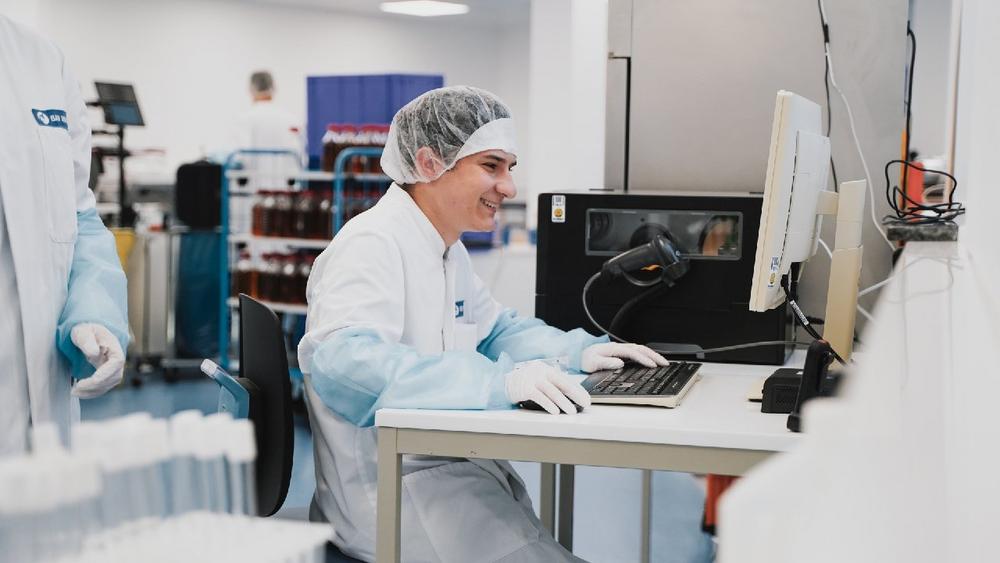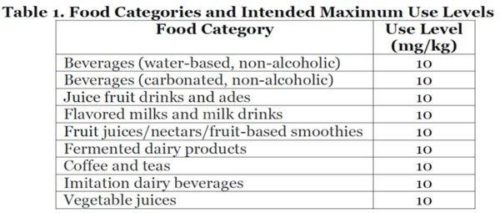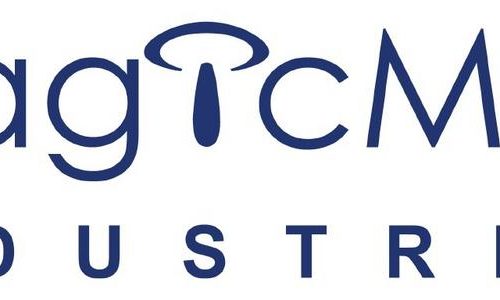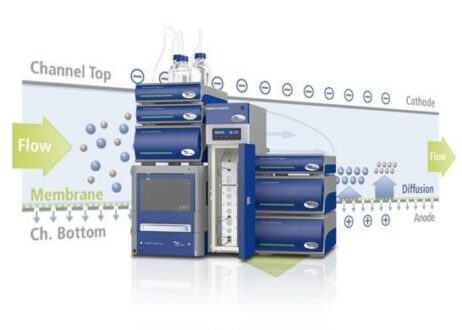
New accredited rapid tests for pseudomonads and coagulase-positive staphylococci in food
The rapid method for pseudomonads provides reliable results in just 48 hours. Coagulase-positive staphylococci can now be analyzed in just 24 hours instead of the previous minimum of two days. These tests have been carried out in our laboratory since December 2024.
Advantages of the new rapid methods
- Very rapid results (pseudomonads: 48 hours, coagulase-positive staphylococci: 24 hours)
- Accredited and validated methods
- Increased planning reliability due to rapid results
- No additional costs
- Targeted analysis of Pseudomonas aeruginosa and Staphylococcus aureus available on request
Significance of pseudomonads and coagulase-positive staphylococci in food
Pseudomonads are widespread in the environment and are commonly found in foods such as fresh meat, fish, raw milk, fruit and vegetables. They are particularly important as potential spoilage organisms in products with a high water content.
However, they are less important as spoilage organisms in dry or vacuum-packed foods because they need water and oxygen to grow. In water hygiene, Pseudomonas aeruginosa is particularly important as an indicator organism of contamination and biofilm formation. In medical facilities, it can also cause infections such as wound and urinary tract infections.
Coagulase-positive staphylococci, in particular Staphylococcus aureus, are important in food microbiology because they are known for their ability to grow in food under suitable conditions and to produce toxins that can cause food poisoning. These bacteria are often found in the environment, on the skin of humans and animals, and in various foods.
- Major causes of increased bacterial counts
- Hygiene errors during production (e.g. contaminated equipment or poor personal hygiene)
- Processing contaminated raw materials
- Cross contamination between raw and processed foods
- Storage errors (excessive temperatures, excessive storage times)
- Insufficient heating of food
- For coagulase-positive staphylococci: high nutrient availability: high-protein foods (e.g. meat, dairy products) are particularly susceptible to growth.
Growth conditions of pseudomonads:
- Temperature: 0 – 41 °C
- pH: at least 5.0
- aw: at least 0.95
- Oxygen requirement: obligate aerobes
Growth conditions for coagulase-positive staphylococci
Temperature: Staphylococcus aureus grows best at temperatures between 30°C and 37°C. However, it can also survive at temperatures between 7°C and 48°C.
pH: The optimal pH range is between 4.0 and 10.0, although the bacterium can thrive in slightly acidic to alkaline conditions.
Water activity: These bacteria require a water activity (aw) of at least 0.85 to grow, which is the case in many foods.
Other microbiological analyses
About the BAV Institut
The BAV Institut is an accredited contract laboratory providing hygiene and quality control services to companies in the food, cosmetic, and pharmaceutical industries. In addition to laboratory testing, we specialize in practical consultancy and training services.
With our modern laboratories and highly skilled staff, we guarantee reliable and rapid results. Other services offered by our institute provide valuable support to our customers. As a member of the Tentamus Laboratories, we can offer you a very wide range of tests, both nationally and internationally, with the help of our partners.
Tentamus Group GmbH
An der Industriebahn 26
13088 Berlin
Telefon: +49 (30) 206038-230
Telefax: +49 (30) 206038-190
http://www.tentamus.com
Staatl. gepr. LM-Chemiker & Key Account Manager beim BAV Institut
Telefon: 0781/969 47-23
E-Mail: dirk.lorenz@bav-institut.de
![]()



